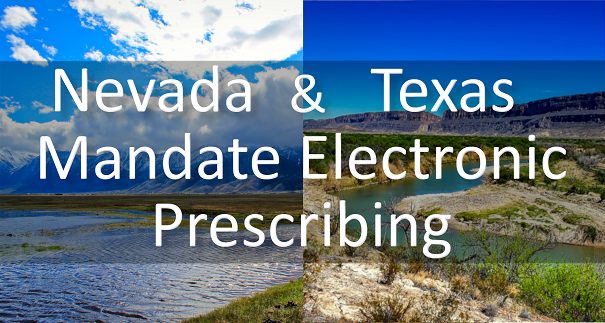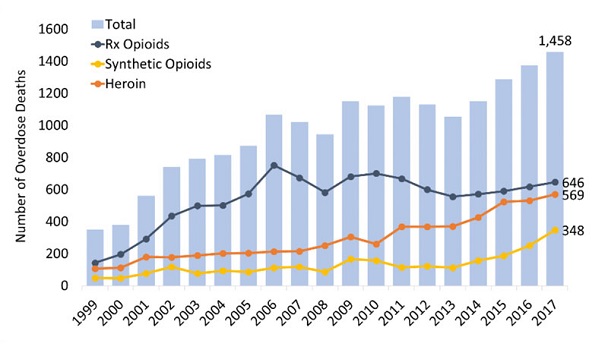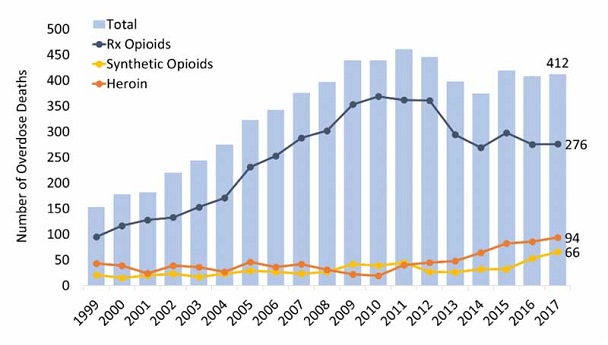
Texas Governor Greg Abbott recently signed HB2174 into law, Nevada Governor Steve Sisolak has also signed AB310 into law. Both Acts mandate Texas and Nevada healthcare providers to electronically prescribe all controlled substance medications with an effective date of January 1st, 2021.
Both Acts contain provisions for a waiver system with similar circumstances for approval as other states have enacted. Some of these include economic hardship, technological limitations, and other circumstances determined by the board. Reapplying for a waiver for subsequent years is also covered.
The Texas Act also establishes:
- The Act allows for partial filling of Schedule II prescriptions, but only for patients in long-term care facilities or for hospice patients with a medical diagnosis documenting a terminal illness.
- Pharmacies and dispensers are not required to verify that a prescription presented to the pharmacy via other means than an electronic prescription is legally able to be filled.
- The Act clarifies what specific information needs to be contained in both written and electronic prescriptions.
- Prescribers and pharmacists are required to complete two hours of continuing education on procedures of prescribing and monitoring controlled substances. This education must be completed within one year of receiving a license to prescribe or dispense controlled substances.
- Prescribers are unable to write prescriptions that exceed a 10 day supply when being written for acute care.
The Nevada Act also establishes:
- The Act establishes penalties for practitioners who do now follow regulations established in this Act.
- More than half of the Act amends various pieces of Nevada code discussing potential penalties for medical staff.

Texas is currently well below the national average for opioid-related overdose deaths, with 5.1 deaths per 100,000 people while the national average is 14.6 deaths. Prescription opioid overdose deaths peaked in 2006 and have remained mostly stable since. Heroin deaths have gradually risen since 2000 and synthetic opioid deaths have remained stable until 2014, when they began to rise. Texas also has a lower than average opioid prescription rate, this number has been decreasing since 2012[1] Effective 9/1/19, pharmacists and prescribers will be required to consult the state PMP prior to dispensing or prescribing controlled substances.

Nevada is currently also below the national average for opioid-related overdose deaths, with 13.3 deaths per 100,000 people while the national average is 14.6 deaths. Prescription opioid overdose deaths continued to gradually rise until 2010, then have been reduced or remained stable. Heroin deaths have gradually risen since 2011 and synthetic opioid deaths have slightly risen since 2015.[2] Nevada passed SB459 in 2015 which mandated that Nevada prescribers check the state Prescription Drug Monitoring Program for controlled substance prescriptions. AB474 was passed in 2017 which was considered “a comprehensive measure that addresses misuse, abuse, and diversion through enacting prescribing protocols at appropriate levels.”[3]
Texas currently has a 31.1% prescriber enablement for electronic prescribing of controlled substances while Nevada has nearly half the enablement of Texas. Pharmacy enablement for both states is near the national average of 95.4%.[4] There will likely be a big push leading up to 2021 to secure electronic prescribing, MDToolbox encourages providers not to wait!
Please see our website for other states that have either passed or have pending legislation that mandates electronic prescribing. MDToolbox looks forward to providing tools and resources to assist providers throughout Texas and Nevada to ease the transition and help our customers combat the opioid epidemic. With MDToolbox, providers have access to tools such as Electronic Prescribing of Controlled Substances (EPCS) and convenient on the go e-prescribing with our mobile app! We offer a free 30 day free trial, so Contact us for more information!